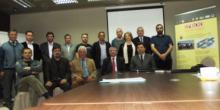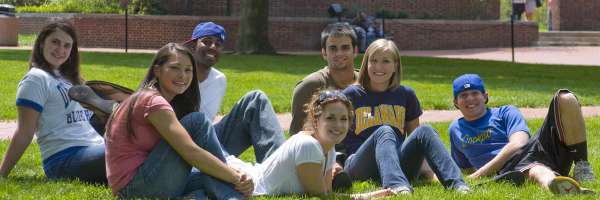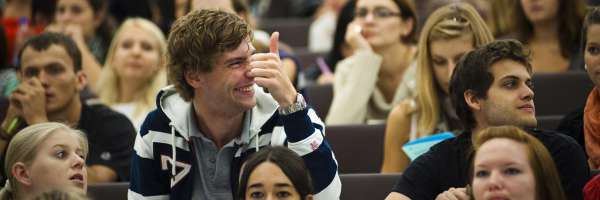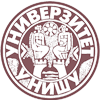Navigation
Schedules Events:
Training of teachers from Colleges of Applied Sciences

Training of teachers of colleges of applied sciences in the field of Industrial Product Development took place on mountain Kopaonik from 26th till 30th May. Eleven participants from each colleges of applied science included in the IPROD project attended the training. The gallery from the training event can be accessed from here. The lectures from the training, as well as the participants list and conclusions from the meeting can be downloaded from the project website.
Detailed analysis of the training session was performed and following conclusions were made:
- Training participants stated that the training was successfully carried out, it is professionally and comprehensively covered the complete area of education, that presented fields are interested for the study of higher education in Serbia, and that many chapters of training course may be involved in teaching in high schools in the future.
- It was concluded it would be practical that theoretical basis of the conducted training is illustrated by practical examples of specific products (detailed analyzed examples through all development phases with examples of independent realization by the participants of the training). In this sense, it is possible to organize workshop at some of the scientific and professional conferences in the future. Beside the presentations of specific examples of product development, it is necessary that workshop detaily process the area of environmental protection and product recycling.
- High technical schools have limited access to projects funded by the state (they can not apply for scientific projects of the Ministry and other sources, so they are not able to obtain equipment for their laboratories). Therefore, it would be good that in the process of restructuring of some small enterprises equipment is not to be sold, but to assign the equipment to high schools for laboratory. Concrete example is MIN Inspekt as similar companies.
- The problem of practical education on the realization of professional practice is noticed. It is highlighted from the point of time aspect (length of practice), and from the point of terms of content, ie. acquired skills and knowledge to practice. In this regard, it is proposed following: to create a database of laboratories that exist within the member resources of the project, with a tendency to be later expanded to other faculties and high schools. The base will include its own resources, competencies that may acquire in the laboratory during practice, necessary time for realization, the number of students acquired per practice session and possible dates (date and time) when the laboratory can be given to another higher education institution for using.
- Very good results in the education of high school students can be achieved by the implementation of student development projects. Regarding to this, Professor Milos Ristić exposed the results of the student project "HTS Explorer - the vehicle for data acquisition". The project has brought together the work of mechanical engineering students with electrical engineering students to obtain the ultimate outcome of robot-car that goes to the rugged terrain and gather the information needed to protect the living and working environment.
- The problem of maintaining students' practice in the industry is also highlighted. Since the practice is very important in educational study, it is proposed that studies last 7 semesters (instead of the current 6), so that the whole semester is provided for performing practices. This should be regulated and solved by law regulations.
- Students mobility in the frame of high schools in Serbia should be increased. In this way, students could choose a larger number of subjects, and none additional investment in education is required. This also should be regulated and solved by law regulations.
- Since the number of foreign companies operating in Serbia is in increasing, knowledge of foreign languages is extremely important in terms of employment and the successful employment of future engineers. Since learning of foreign languages is not sufficiently included in the education of high school students, it should make an effort to solve this problem.
- In the following school year period, teachers of high school need to set out specific areas derived in training course and to involve them in learning process and thereby innovate the subject in the field of Industrial Product Development according to the given guidelines. Next year, within IPROD project, it will be carried out an analysis of these obligations.






